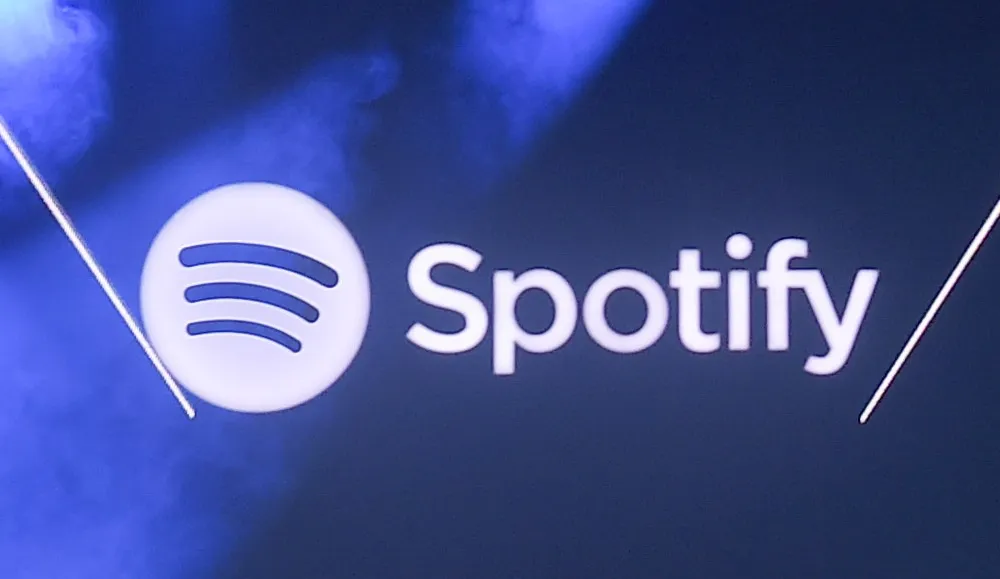Spotify’s Royalties to UK Music Industry Hit £750 Million in 2023, But Artist Payouts Remain Ambiguous
Spotify has disclosed that music by UK recording artists amassed £750 million in royalties on its platform last year, indicating a significant financial contribution to the country’s music industry. Despite this substantial figure, transparency remains a concern regarding how these royalties are distributed among individual musicians.
The streaming giant’s “Loud and Clear” campaign seeks to shed light on its payment processes, but the intricate nature of contracts between artists, record labels, and publishers complicates matters. Consequently, Spotify cannot definitively state the proportion of these royalties that directly benefit artists.
Typically, artists receive around 16% of generated revenue, but this varies based on contractual agreements. Therefore, an artist whose music generates £100,000 on Spotify might only pocket £16,000 before tax. Furthermore, Spotify’s dominance in the UK streaming market suggests additional revenue streams from platforms like Apple Music and Amazon Music.
The language of music is also evolving, with English-language songs losing ground to non-English tracks. While English remains dominant globally, its market share is declining, with languages like Hindi and Japanese gaining prominence. This trend underscores the diversity of music consumption preferences worldwide.
Despite criticisms of its payout policies, such as demonetizing songs with fewer than 1,000 streams, Spotify defends these measures as necessary to combat fraudulent activity. However, critics argue that such policies disproportionately benefit popular artists while disadvantaging emerging talents.
Spotify’s £750 million contribution to the UK music industry signifies its growing influence, yet challenges persist in ensuring fair compensation for artists. As the streaming landscape evolves, achieving greater transparency and equity in royalty distribution remains a priority for stakeholders across the music industry.








